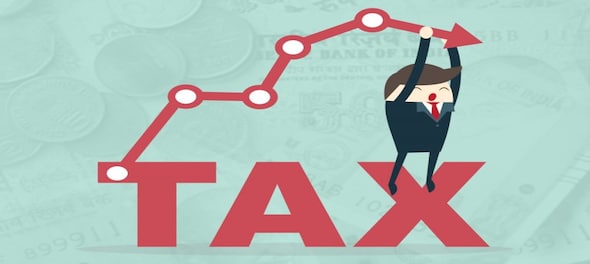
COVID-19 has made small and medium businesses bleed. And it only appears to be getting worse. These businesses are reeling from an extended lockdown, which has now been 44 days and counting. The current liquidity crisis coupled with high-interest rates and the onset of an economic contraction may turn out to be the death knell for these businesses.
The government has taken some administrative and compliance-related measures to help small businesses manage the crisis. Relaxation in income tax and GST related compliance being some of them. However, strong economic measures are required to make our SMEs and MSMEs less susceptible to debt and non-compliance during this crisis.
These measures must be prepared to address challenges that may arise in the short-term, medium-term and longer-term. In the short term, measures such as relaxation of compliance timelines, deferment of tax payments and waiver of late fees, interest and penalties must be considered.
Some or most of these have already been granted.
In the medium term, businesses will need a mechanism to re-open and resources to tackle their cash flow crisis. Easy wage payment loans and purchase financing with a low rate of interest to cater to 3-6 months cash flows must be considered. Some businesses may not be able to open without them. This approach must further be broken down based on state-level identification of disaster zones.
Businesses in areas that are most impacted may be granted more relief, perhaps more relaxed (a lower rate of interest) and enhanced access to working capital. This may be based on the sales made by these businesses. The government can ask them to file GSTR-1. Those who have recorded a drop of 70 percent or more in sales or companies with a large market share that are impacted, need to be carefully assessed.
An impact on them can mean large scale disruption for their employees and customers. The government can use existing compliance channels to administer COVID-19 assistance.
In the longer term, businesses will need support from the government to reinvent themselves. Varied measures such as access to cloud computing, proper accommodation and settlements for workers, access to easy ways to do accounting and invoice recording will have to be provided to them.
GST 2.0 will have to be pushed out to a much later date, to prevent these businesses from being burdened with compliance when there is a dire need for survival.
Some sectors are likely to suffer permanent loss of demand and may take much longer to make a recovery. Therefore, recovery may be far away for businesses related to travel, entertainment, hotels and restaurants and many more.
A segmented approach to distressed sectors may be required. For these sectors increasing the generosity of loss carry-forward provisions must be considered. Again, the government can use existing tax compliance to take a fair view of how these businesses have suffered. These sectors may require specific bailouts.
These businesses may be better off spinning themselves in the medium term to other sectors that are likely to pick up. This will need separate measures and assistance so that employees and other resources can be redeployed.
On the individual taxpayer front, more concentrated measures may be required. The government has the means to look at job losses through contributions made to employee benefits and also via TDS deductions made on salary.
Historical data may be reviewed and those with a drop in earnings due to job loss may be given relief. If COVID-19 affected individuals or quarantined individuals reach high numbers they may be identified through Aadhaar and they may be granted specific tax relief, if they suffer a drop in salaries or job losses. Individuals with job losses may be allowed interest rate relief on personal loans and EMIs. This might require not just a deferral but a reduced rate of interest or a waiver for 6 months. It may also be extended to freelancers.
As demand picks up, these individuals may need to pick up new skills and find new means to earn a livelihood. The government then has to find ways to afford this reduced rate of interest and waivers.
In this never before pandemic situation, businesses and individuals will have to reinvent themselves. The virus may take a long time to go away, but the wheels of the economy need to be pushed. An imminent transformation awaits all of us as we tunnel through this crisis.
Archit Gupta is Founder and CEO at ClearTax. Views are personal
First Published: Mar 16, 2020 8:57 PM IST
Check out our in-depth Market Coverage, Business News & get real-time Stock Market Updates on CNBC-TV18. Also, Watch our channels CNBC-TV18, CNBC Awaaz and CNBC Bajar Live on-the-go!


Supreme Court says it may consider interim bail for Arvind Kejriwal due to ongoing Lok Sabha polls
May 3, 2024 4:57 PM
10% discount on fare on Mumbai Metro lines 2 and 7A on May 20
May 3, 2024 2:40 PM

